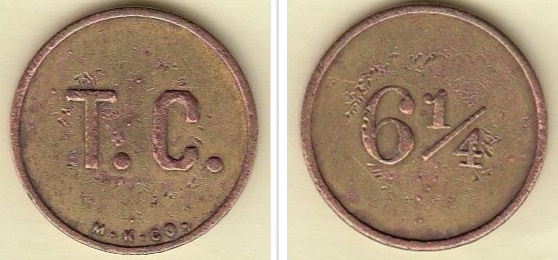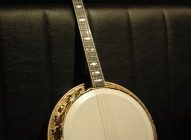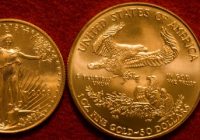|
Listen to this Gambling History blog post here
Getting your Trinity Audio player ready...
|

1907
A faro game with a $50 limit (at least $1,200 today) was underway in the Tonopah Club on a Thursday night in February. Colonel Abe F. Brown, one of the three proprietors of this mining camp saloon in Central Nevada, was playing. A wealthy man, he’d accumulated his assets via gambling enterprises and playing the stock market.
Soon, Brown lost $25,000 ($630,000-plus today). He wanted the maximum bet removed, but this required consent of his partners — George Wingfield and Ed Kennedy. The manager of the Tonopah Club telephoned and explained the situation to Wingfield, who was in the town of Goldfield at the time. Wingfield permitted him to raise the limit to $5,000 ($126,000-plus today).
Brown began betting $5,000 on a single card, and before long, he was about $100,000 ahead. But then his winning streak reversed and he lost repeatedly. Roughly 24 hours later, he’d amassed a debt of $300,000 (at least $7.5 million today)!
“It is doubtful if ever such an enormous sum of money has been lost by one man,” reported the Reno Evening Gazette (Feb. 25, 1907).
Brown wanted to play $50,000 more, but the dealer convinced him to stop. The gambler seemed nonplussed by the misadventure.
“Brown was as cool as a cucumber after he had lost his fortune. He arose from the table, sauntered to the bar, where he took a drink, and bidding his friends goodnight, went off to bed.”
However, the next day and subsequently, he wouldn’t discuss the event and tried to keep it out of the local papers, to no avail. It was the talk of Tonopah.*
Settling Up
Kennedy, the club’s third owner, arrived from Goldfield shortly to settle Brown’s debt with him. Because faro was a game played against the house and Brown had a one-third interest in it, in his capacity as co-owner he won $100,000 of his personal $300,000 loss, so his net debt was actually $200,000 (at least $5 million today).
To pay it off, Brown supposedly gave his Tonopah Club co-owners 11,000 shares of the Mohawk mine, valued at $17 apiece at the time, and some other stocks.
“His fortune went the same way it came,” the newspaper noted.
The whole unpleasant incident didn’t stop Brown from twisting the tiger’s tail. The very next night, he sat in on another faro game, albeit one for smaller stakes.
————————
* Tonopah began in 1900 when prospector Jim Butler discovered silver ore in the area.






